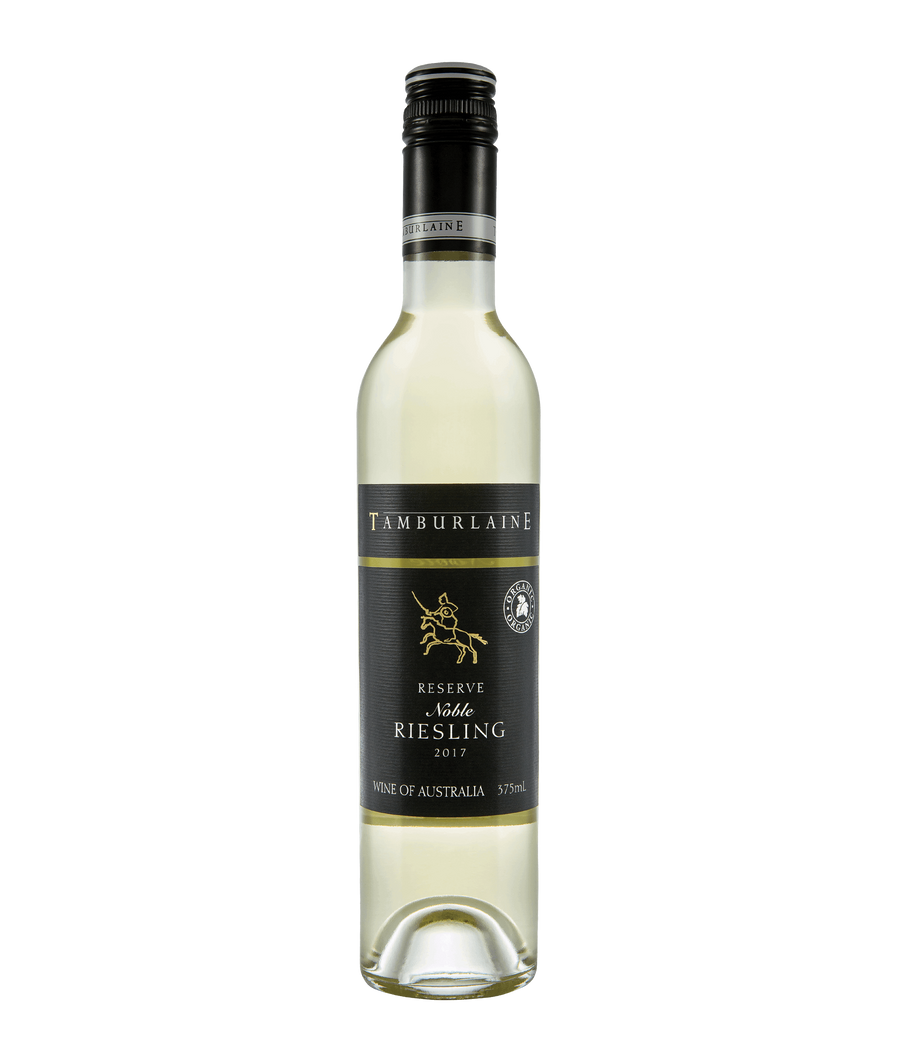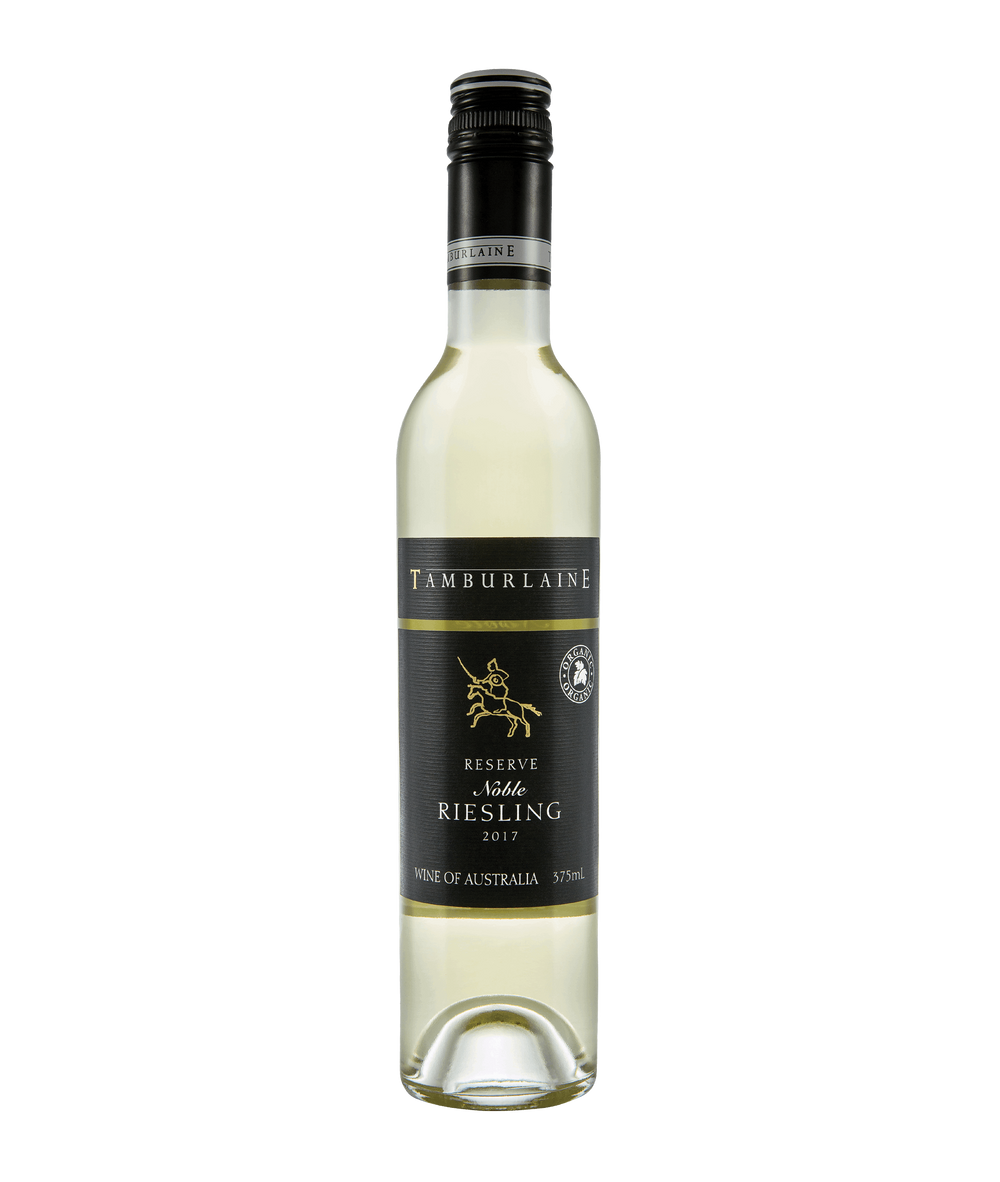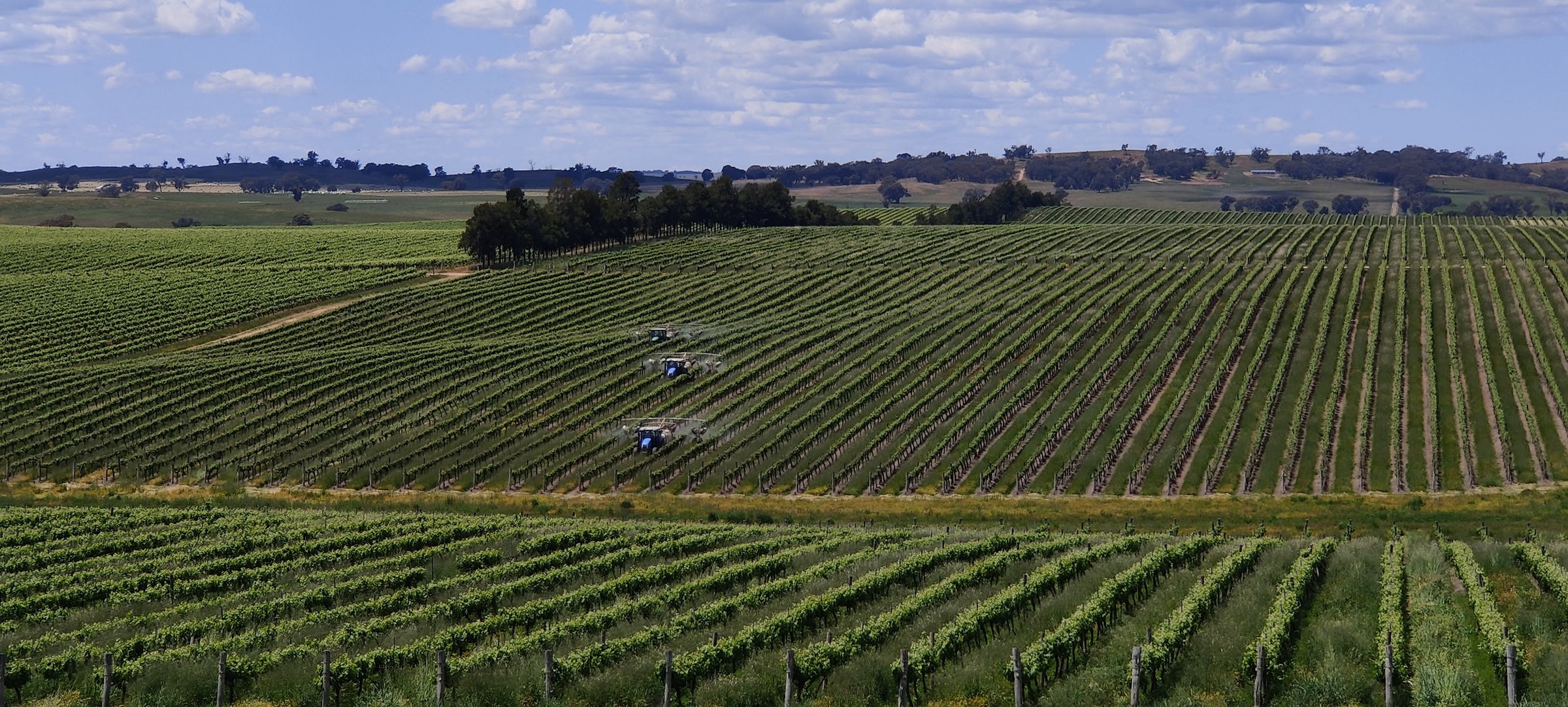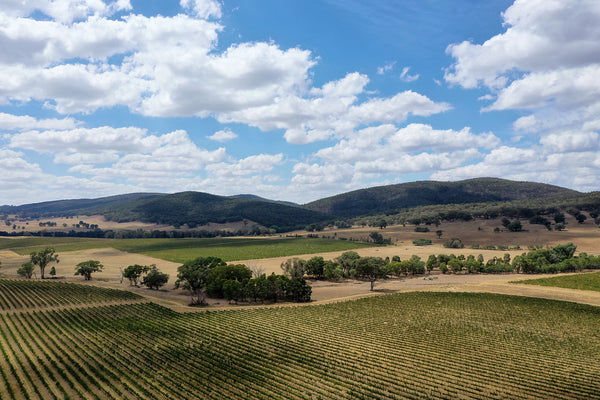From Tamburlaine to Tamburlaine Organic Wines
Tamburlaine Organic Wines's journey to 'Contemporary Organics' begun in the late '90s and still continues today. We believe in continuously improving our practices in our vineyards and wineries. Not because it is fashionable to be Organic, Carbon Zero or 'Eco-Friendly', but for one simple reason: It makes sense.
Tamburlaine was established in 1966 by Cessnock doctor Lance Allen. In 1985 the winery was purchased by a small group of friends and relatives led by Managing Director and Chief Winemaker, Mark Davidson. Mark has taken a long-term view in building a unique winemaking philosophy incorporating what we call 'Contemporary Organics'. Our holistic approach includes grape growing and winemaking practices based on modern scientific thinking without accepting the chemical residues involved in non-organic practices. But converting to organics has not come easily, it has involved many years of research and development and has presented us with many challenges along the way. However, we came out stronger than ever and now enjoy an enviable position as one of Australia’s leading organic producers.
We are constantly improving our vineyards
The transformation in our Hunter and Orange Region vineyards in NSW as we have implemented new contemporary organic thinking is incredible. The health of the soils and the vines themselves is very evident, consistently yielding fruit of the highest quality.
While the winery started on a modest 14-hectare vineyard in the Hunter Valley, the major Tamburlaine vineyard expansion has been in Orange.
“Tamburlaine now owns and contracts in the vicinity of 450 vineyard hectares and currently produces, between Orange and the Hunter, approximately 200,000 cases annually,” Mark explained.
The high altitude, cool climate conditions and the volcanic soils have cemented Orange amongst the top premium wine regions of Australia.
The integration of biodynamic methods into our organic management has been shown to accelerate biological soil activity. The latest viticultural research now clearly points to biological soil health as the key determinant of superior “terroir” or the essential site-specific wine quality.
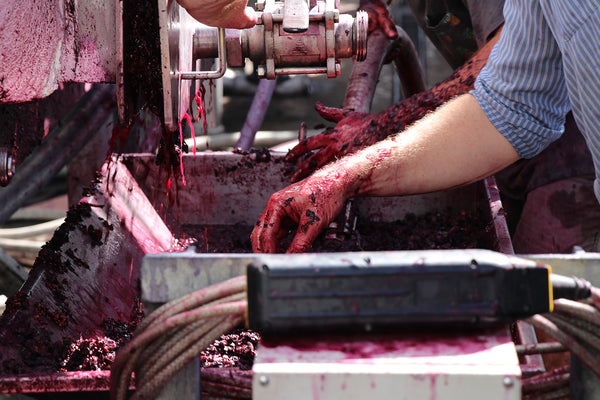
We create better winemaking practices
The Australian Organic and Biodynamic Standard require the winery to be certified as an organic processor and go through the annual audit to ensure that the inputs and handling protocols comply with the standard. Where wines we make use of sulphur we strive to keep additions to a minimum.
From 2016, our winemaking has removed the use of animal proteins traditionally used throughout the industry, from our wines. To push the boundaries further with consumers in mind who cannot tolerate the normal sulphur levels in their wine, Tamburlaine has extended its range of wines to include wines without added sulphur – commercially referred to as “preservative free”. Chief Winemaker, Mark Davidson, has managed successive vintages since 1986 and now has a younger, experienced and enthusiastic team dedicated to wine quality, process refinement and innovation.




